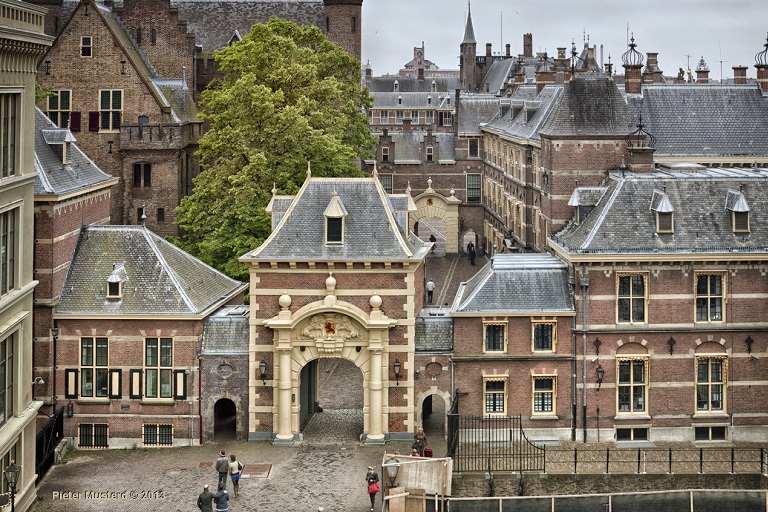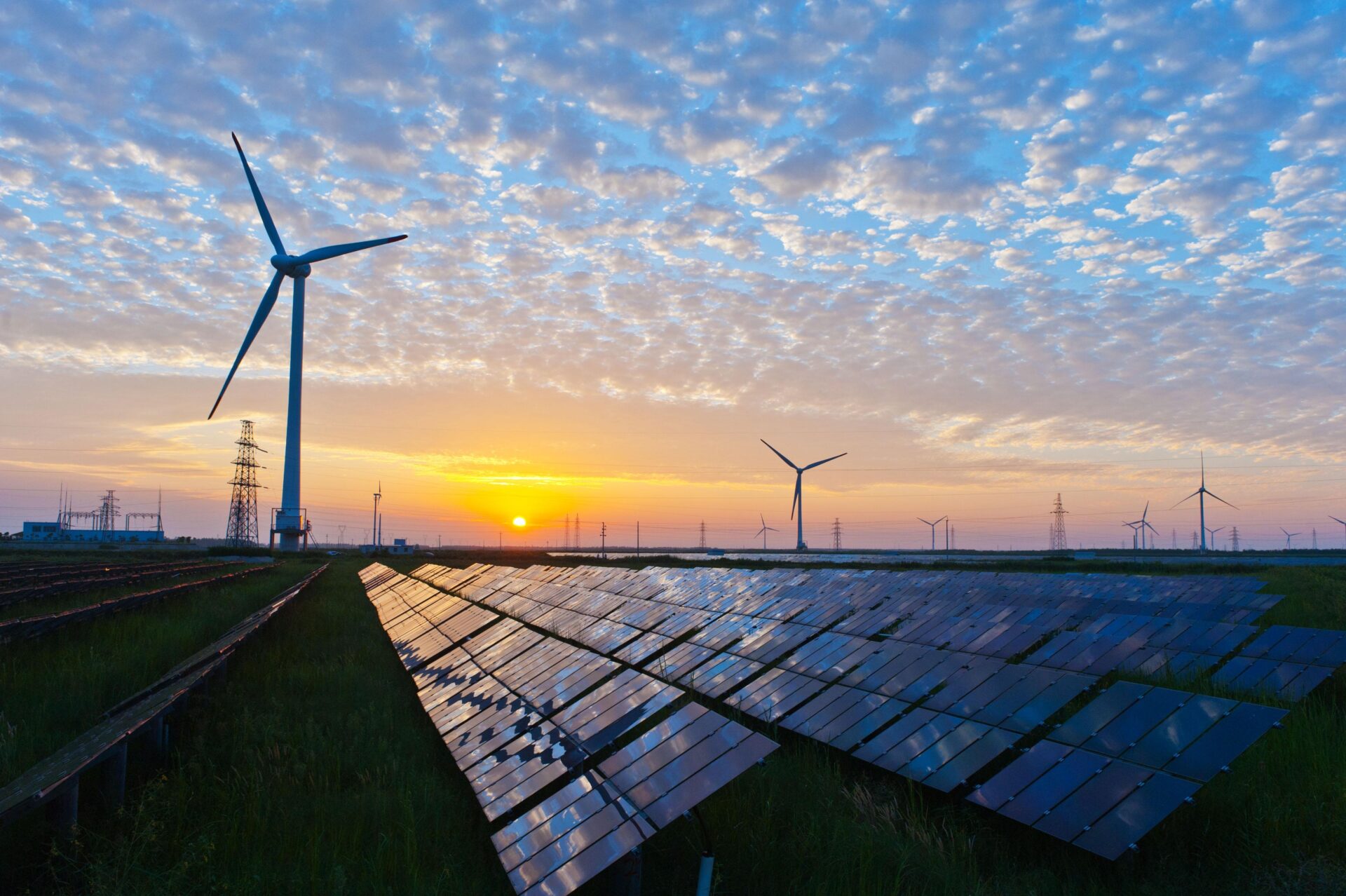The Standing Parliamentary Committee for Economic Affairs and Climate is currently considering the report so that a Parliamentary debate can be prepared. The first step being taken is a round of written questions on March 23. During the press conference, Chairman Van der Lee announced that there will first be a debate in the Lower House in which the committee of inquiry will come to account. During the March 7 procedural meeting, it became clear that this debate with the committee of inquiry should take place before the May recess. The Cabinet is currently formulating a response. This will take until May, State Secretary for Mining Vijlbrief (D66) recently announced. Vlijbrief first wants to talk with Groningen administrators, organizations and citizens before the cabinet comes up with an official position. After the Cabinet's written response appears, another round of written questions will be scheduled. This will be followed by a plenary debate between the House of Representatives and the Cabinet, in which any political consequences can be decided. This debate will be scheduled after the May recess and will take place with the Prime Minister and the State Secretary for Mining.
The voluminous report runs to nearly 2,000 pages and is highly critical of the State's actions toward the Groningers. Based on dozens of public and closed hearings and extensive source research, the committee determined that financial interests were systematically placed above the safety and interests of the residents of the natural gas area.
No exit strategy
According to the commission, gas extraction was so successful and lucrative for both the government and the oil companies that there was scant regard for the adverse effects on local residents. "Much was gained, but much was also lost, including trust," committee chairman Tom van der Lee said at the press conference. The final sum is known: against a total gain of €429 billion, there are 1,615 quakes, 267,000 damage reports and a reinforcement operation that will last at least until 2028. All this brings many health complaints for Groningers. The commission blamed the participants of the gas building for not thinking about an exit strategy. The result, according to the committee, is that the State and the oil companies can negotiate continuously about the conditions under which the phasing out of gas production can take place. This leads to lack of clarity and delay and is therefore harmful to the Groningers, the committee says.
Supply security
Security of supply has long played an important role in decision-making on gas production. The Committee notes that in those decisions and in the communication about them, security of supply was often regarded as a given, whereas in reality it can be influenced by active policy. For years, the House of Representatives and the Groningers have been misled by the argument that the security of supply did not allow production to be reduced further, when in fact that was possible, the committee says. In other words, the supply security argument was used as a smokescreen.
Little attention to Groningen
Another striking conclusion: for a long time, according to the report, the operators of the Groningen gas field deliberately did too little research into the above-ground consequences of gas extraction in Groningen "It is difficult for the committee to understand how such an important gas field for the Netherlands was investigated so little, so late and also by a limited group of experts (including the operator)." One of the reasons the problems in Groningen are underestimated, according to the committee, is also that the rest of the Netherlands did not know what was going on, or did not take it seriously. For a long time, national media did not have sufficient awareness of what was going on in Groningen. This led to the concerns of the Groningers not being taken seriously for too long.
The gas building
The seeds of the problems, the committee says, lie in the chosen construction of the gas building, the partnership of all parties involved in gas production. The committee calls the gas building rigid and closed. It was difficult for the outside world, including the Lower House, to gain insight into the course of events within the gas building. According to the committee, the public parties within the gas building did not feel responsible for protecting Groningen. In addition, government representatives in the gas building were able to act autonomously for a long time. The strategy of the partnership largely escaped the scrutiny of various ministers of Economic Affairs, and on more than one occasion the Lower House was incorrectly or incompletely informed. The committee notes that the gas cooperation, which was so successful in its first decades, had a blind spot for the interests of Groningers. The culture of seclusion and short lines of communication was so strong that there was insufficient room for critical voices from the outside world.
Political implications
But what (political) consequences does the Committee of Inquiry's report have? Traditionally, inquiries are not only about finding the truth, but mainly about political responsibility. In practice, a sitting minister is called to account for his or her own policy and that of predecessors. It is remarkable that in the Parliamentary Inquiry into natural gas extraction in Groningen the political 'question of guilt' hardly plays a role. The main conclusion seems to be that the gas production ended in 'an unprecedented system failure' in which public and private parties were involved and in which the interests of Groningen residents were systematically ignored. The first step that will now be taken is the debate in the Lower House. That will also show whether the quakes will have political consequences, in other words, will anyone step down? The committee itself does not see it as its job to make a statement on that. Van der Lee did emphasize during the press conference that State Secretary for Mines Vijlbrief (D66), currently responsible for the gas extraction file, has a good reputation in Groningen. The fact that he spends much of his time in the province is appreciated.
Prime Minister Mark Rutte (VVD), on the other hand, is not spared by the committee. The prime minister has seriously underestimated the seriousness and urgency of the problem for a long time, according to the committee. More than five years after the Huizinge quake (Aug. 16, 2012), he only realized how big the problem is. He intervened too late, the committee says. Otherwise, in his role as prime minister, he did not bring about any substantial change that would benefit Groningen. "That would have been appropriate given the protracted nature of the damage and reinforcement issues." From 2013, decisions on all aspects of gas production will take place in the Council of Ministers, and thus fall under the responsibility of the prime minister. The debate in the Lower House should show whether there will be political consequences for this.
The report is also harsh on the former ministers who were responsible for gas production. The Ministers Henk Kamp and Eric Wiebes of Economic Affairs and Climate (both VVD) both made serious mistakes. This was partly due to the closed nature of the gas building; as a result, not all relevant information always reached the responsible ministers. According to the committee, the fact that ministers did not closely question their officials on this can be questioned. Minister Wiebes, who seriously delayed the damage settlement and the reinforcement operation from 2018, has already resigned because of the surcharge affair. Minister Kamp, as minister responsible for the decision in 2013 not to immediately reduce extraction against the advice of the State Supervision of Mines, is also long gone, as are the responsible administrators from a more distant past.
Impact on oil companies
During the press conference, Van der Lee emphasized that the committee does not favor NAM and its shareholders buying off all their responsibilities at once, a route that the oil companies themselves are actually pushing for and that the cabinet does not reject either. According to the committee chairman, it is impossible to calculate a fair ransom. Moreover, he does not want the companies to get off so easily. "The oil companies must remain involved in paying off the debt of honor," he said. In addition, according to the committee, with their request in 2017 to introduce an extraction obligation, the oil companies effectively ceded control of the underground reserves to the government. The committee calls it shocking that after the decision in 2019 to close the gas tap even faster, the oil companies are making a claim to the state for the approximately 30 billion cubic meters of gas that can no longer be extracted compared to the 2018 phase-out path. The committee calls on the oil companies to abandon the claim for the remaining gas that remains in the ground in Groningen.
Public-private partnership
After the fierce criticism of the gas building, the committee cannot avoid commenting on safeguards for greater transparency in public-private partnerships in the future. In the public-private partnership of the gas building, according to the committee, clear agreements were made about the distribution of revenues. However, nothing was agreed on other public interests at the time. The committee recommends that future public-private partnerships explicitly include an exit strategy and all public interests in an agreement. The committee also advises future partnerships to give local residents a seat at the table. The committee writes that the number of underground activities with possible above-ground effects is expected to increase in the future, with projects for geothermal energy, underground CO2 and hydrogen storage, underground infrastructure projects and salt extraction. This development, according to the committee, calls for more focused government control of the design of the subsurface. For example, the committee recommends that the government develop an assessment framework for activities of national importance.
Damage and recovery
To improve the situation in our province, the survey committee comes up with numerous recommendations. Extensive consideration is given to ways to speed up and improve damage settlement and restoration work. When it comes to damage settlement, it must become "milder, easier and more humane" for residents. Rutte announced during the standing press conference after the Council of Ministers on Friday, March 10, that the cabinet is expected to follow many of the recommendations. So the full response from the cabinet and the political consequences of the survey report are still some time away. Groningen politicians did already come up with a response. They demand that the cabinet come up with an action plan for damage control, reinforcement and perspective for the region no later than September.
Read the entire report of the parliamentary commission of inquiry on gas extraction in Groningen here.
Conclusions
The report's main conclusion is: the interests of the Groningers have been structurally ignored in the extraction of natural gas in Groningen. This has disastrous consequences for them.
The committee sets out this main conclusion in ten conclusions:
- The severity of the problems in Groningen has been structurally underestimated;
- Money is dominant in decisions about gas extraction;
- Supply security has been used as a smokescreen;
- Insecurity in Groningen lasts unacceptably long;
- Oil companies benefit from role reversal at Economy Ministry;
- The rigid and closed gas building has little regard for outside interests;
- Inadequate damage control harms Groningers;
- Faltering reinforcement approach is crippling for aggrieved Groningers;
- Regional administrators are incapable of truly representing the interests of Groningers;
- Knowledge development about the Groningen field has been deliberately limited.
The committee argues that the Netherlands must repay its debt of honor to Groningen. The interests of Groningers must no longer be subordinated to the interests of gas production: Groningers over gas. The committee makes eleven recommendations to this end in its report:
- Make damage control more lenient, easier and humane for residents;
- Give residents quick clarity on reinforcement;
- Offer future prospects to the region;
- Make sure there is enough money for all future expenses;
- Strengthen the role of the supervisor;
- Increase the role of public interest within departments;
- Strengthen the position of the House of Representatives;
- Better shape future public-private partnerships;
- Strengthen subsurface knowledge development;
- Direct subsurface spatial planning;
- An invitation to Groningers.


